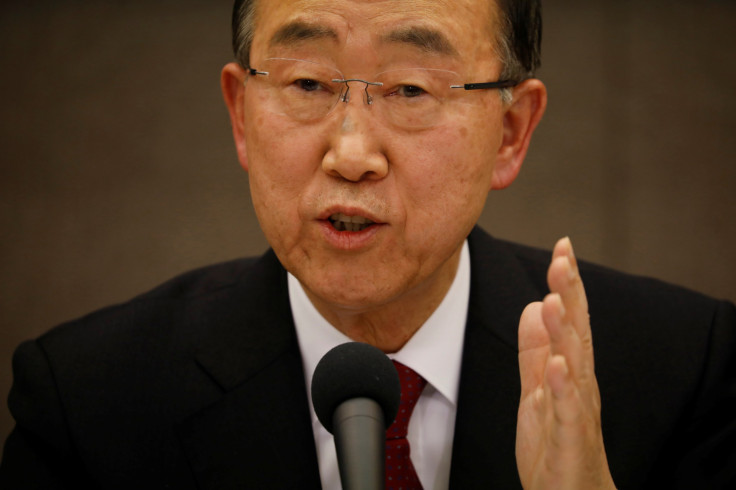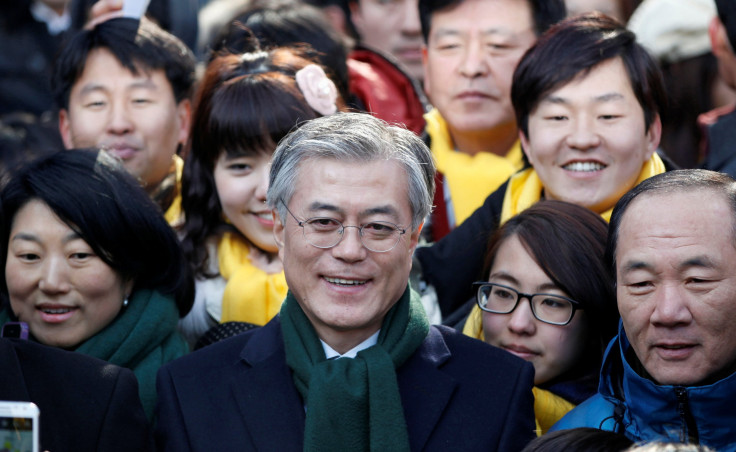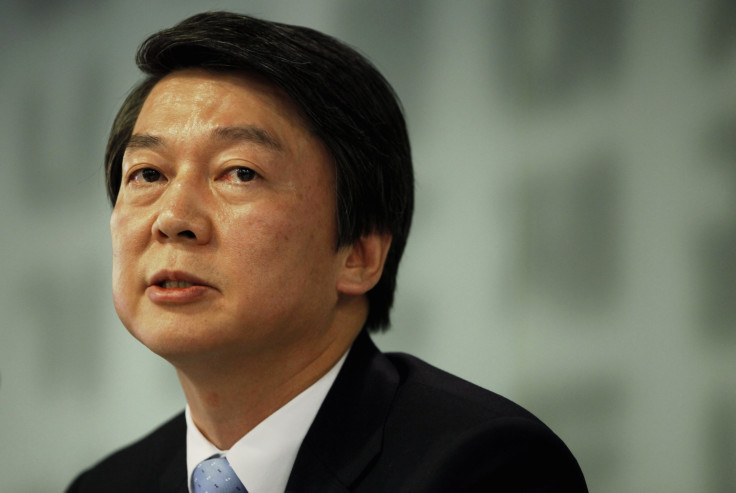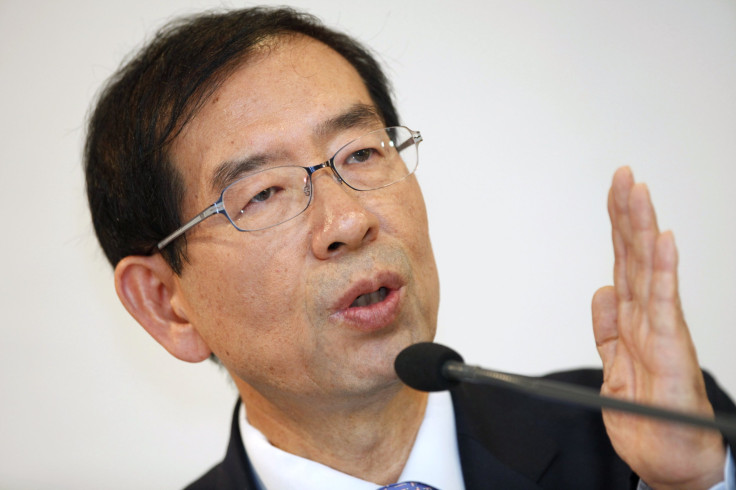Who Are South Korea’s Presidential Candidates? Ban Ki-Moon To Not Run For Presidency Following Park Geun-Hye Impeachment

Former U.N. Secretary-General Ban Ki-moon announced on Wednesday that he will not run in the upcoming South Korean presidential elections seeking to replace impeached President Park Geun-hye, who was engaged in an influence-peddling scandal.
One of the front runners for the position of the next president, Ban, 72, said he wanted to use his experience as the U.N. chief to work for the betterment of his country but his “pure patriotism” was marred by political slander and “various fake news,” as reported by the Associated Press (AP).
“I was also very disappointed by old-fashioned, narrow-minded, egoistic attitudes of some politicians, and I came to a conclusion that it would be meaningless to work together with them,” Ban reportedly said.
With South Korea’s former foreign minister out of the race, the spotlight has now shifted to veteran lawmaker from the opposition Democratic party of Korea, Moon Jae-in, who had a 32.8 percent approval rating according to a survey released this week, AP reported.
Here are the big names in the race for South Korea presidency following Park’s impeachment:
Moon Jae-in
Moon is the likely presidential candidate of the main opposition Democratic Party of Korea. The 64-year-old was a student activist in the 1970s and jailed for his opposition to Park’s father and dictator President Park Chung-hee.
After narrowly losing to Park in the 2012 elections, he is the frontrunner in the upcoming election and has said he could seek a coalition government if elected.

Rhee In-je
Former six-term lawmaker of the ruling Saenuri Party declared his presidential bid last month, for the fourth time since 1997.
Rhee’s campaign is based on plans to push for a constitutional amendment to bring in a “power-sharing” model to diffuse presidential powers as well as a reform of how family-owned conglomerates and businesses work in the country. His path, however, is full of hurdles, especially because of the loss of faith a significant section of the electorate is facing in his party over Park’s corruption scandal.
Ahn Cheol-soo
The software mogul leads the People’s Party, a small opposition party. Ahn was one of the leading contenders for the 2012 election but withdrew his candidature to support Ban at the time.
A vocal critic of South Korea’s political parties and big business, Ahn, 54, has based his stand on equality and justice and has said he wants to repay the public by changing “politics, the government and people's lives.”
Ahn is not a career politician and was trained to be a doctor. However, he amassed considerable wealth by developing antivirus computer software.

Lee Jae-myung
An outspoken liberal who likens himself to Bernie Sanders, Lee has taken a strong stand on President Park and her corruption scandal, becoming one of the first major politicians to address the crowds demanding her resignation.
Lee, 52, did not attend high school but went to college by teaching himself. He is the current mayor of Seongnam, a city just over 10 miles from Seoul. Lee has also said the country should brace itself for a possible pullout of the U.S. Forces Korea (USFK).
“Americans impeached their establishment by electing Trump,” Lee said in an interview late last year. “Our own elections will mirror that.”
Park Won-soon
Seoul’s mayor is a former human rights lawyer credited with founding the country’s most influential civil and political rights group. The 60-year-old is expected to compete with Moon, Seongnam Mayor Lee as well as South Chungcheong Governor Ahn Hee-jung in the primary race for the main opposition’s candidacy.
He has won a number of landmark cases — including the country’s first sexual harassment conviction — and fought for the rights of “comfort women” or Korean sex slaves from World War II.

© Copyright IBTimes 2025. All rights reserved.






















